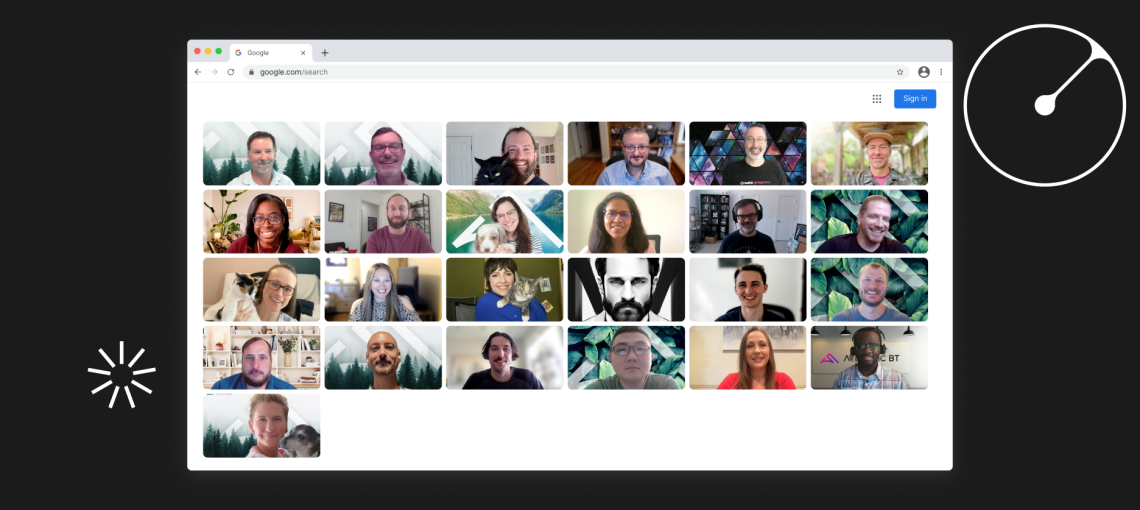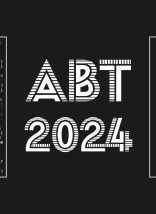Take a look at how COVID-19 has impacted our organization, what to expect in a post-pandemic world, and how we are embracing the future.
A new normal: working fully remote.
I personally am settling into week 9 of isolation and social distancing, it’s been fun to watch other people adjust to becoming remote workers.
In 2019, Atlantic BT decided that we needed to open our minds to people working full-time remote. This would help us recruit top talent across the East Coast and give employees flexibility they needed. This change also aligned well with my move to Ottawa, Canada, as I took the plunge into working fully remote for the first time.
We encouraged the remaining ABT-ers in Raleigh to explore working from home a few days a week to avoid traffic and maximize their flow.
What this means during this time of “Business as Unusual” is that Atlantic BT is already prepared to be fully operational as a remote team. We are still managing web applications, writing quality code, and settling into video conversations. Some of the benefits we are seeing include:
- Better written documentation
- More chatter that’s searchable and archivable
- Finding creative ways to socialize (We are still having our 2 4 7 mini game breaks for some virtual games at home.)
How will reopening impact our digital future?
While we understand that these unusual times are putting a strain on many of you in all facets of life, I think it’s important to focus on the post-pandemic world and look to our digital futures.
At ABT, we are taking this time to streamline our processes to provide more value at a lower cost, develop more useful and value driven baselines for our favorite platforms (WordPress, Drupal, Magento, Shopify, React), and tackle enterprise integration as we never have before.
If there is one thing we can count on, it’s that we as a collective humanity will emerge from this as changed for better and worse. While popular media wants to emphasize the worst, I want to think about the better for a bit.
Industrial Automation
We will emerge a truly digital society where curbside pickup and take out persist outside of the restaurant industry as a way to do business. This will force us to rethink industrial automation as it is related to B2C eCommerce.
Hopefully we can move a bit past the Gig Economy into the Robot Economy (I for one welcome our robot overlords, just wanted to get that out there before the Singularity).
IoT and Healthcare
We will be socially distancing for a bit and need to come up with new ways to take care of each other. In the digital world, we will see an explosion of IoT healthcare monitoring that will change the way we travel and we convalesce.
This explosion will put more pressure on privacy and security frameworks to encrypt and make portable this data that ultimately belongs to the individual. We will be better off for sharing this information globally in a secure way.
eCommerce transactions and shipping
Ecommerce will continue to grow at a covid-19 like pace (too soon?) – but we need to be prepared. Current credit card and shipping solutions won’t cut it.
As merchants see profound impacts to their ability to earn revenue, the credit card industry is going to have to ease costs and provide more security around transactions using biometrics, cryptocurrency, and temporary transaction numbers.
Shippers are going to have to figure out machine learning and how it applies to density and logistics in a new way.
We all see multiple delivery trucks pass our houses/apartments each day. We need to see true improvements in payment technology and logistics/supply chain improvements past what Amazon Prime has already taught us.
Increased work-from-home opportunities
It’s clear that working from home will become more common. We are already in the habit and have become comfortable with these setups. New tools and processes will continue to improve, and companies are beginning to realize to the benefits of remote work. Furthermore, we may use work from home as a solution to prevent the spread of future illness.
Reduced commuting will also allow our earth to heal a bit from the over consumption of fossil fuels and maybe actually put a dent in global warming.
While it’s hard to look to these long-term, more pressing issues, we will be able to make the case for more remote work and better integrated digital platforms to allow for connected remoteness while keeping our communication secure.
Let’s have a conversation.
As ABT prepares to thrive in the future and comes out of this “Business as Unusual” time hardened and ready to tackle these problems with creative agility, let us know if there is anything we can do to support you. We are truly a people-first company and no digital ask is too big or small. If you need help, let me know!







